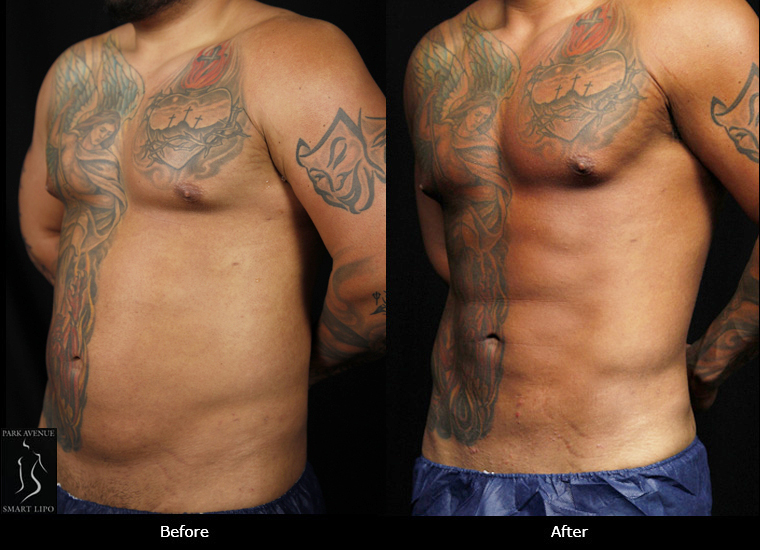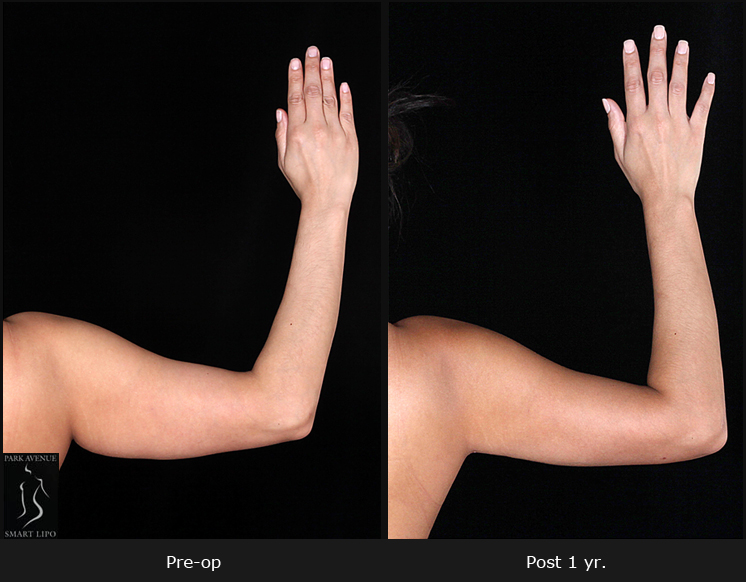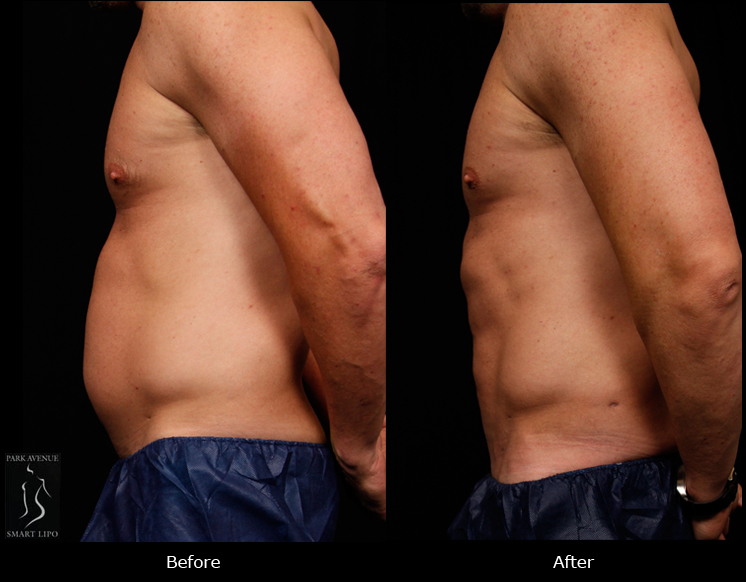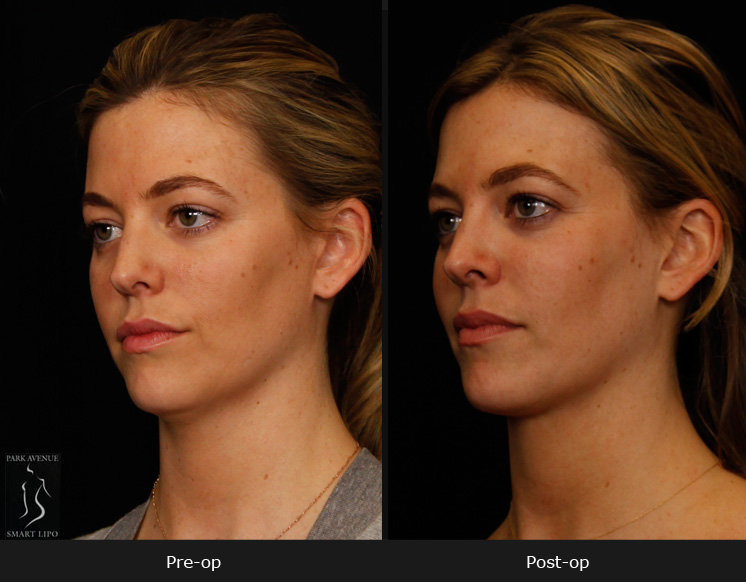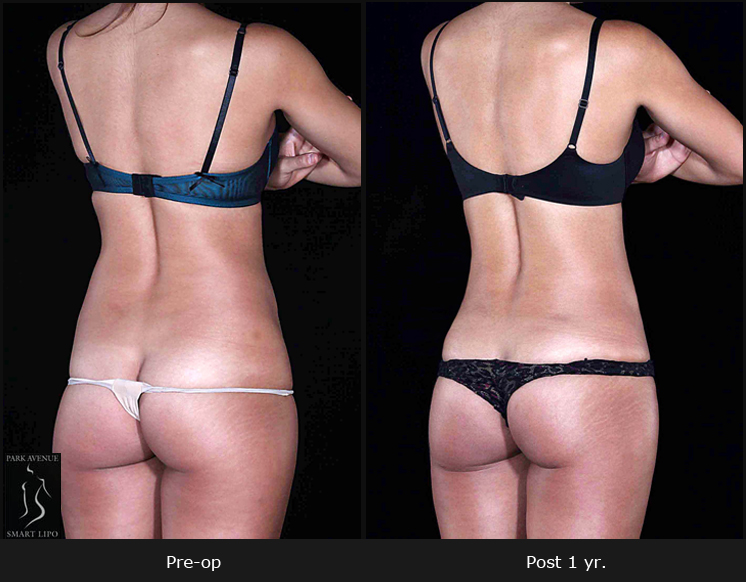Many people dream of achieving a well-shaped body, but stubborn pockets of fat in certain areas can make it impossible to achieve that goal. While regular exercise and a healthy diet are the best ways to shed excess fat, these methods don’t always work for everyone. In such cases, liposuction or fat removal surgery can be an ideal solution. Liposuction in NYC offers both men and women a chance to eliminate unwanted fat and achieve a slimmer, more sculpted appearance. Here are some frequently asked questions about the procedure.
Everything You’ve Wanted to Know About Liposuction
- What is liposuction?
Liposuction is a cosmetic surgical procedure that removes excess fat from specific areas of the body, such as the abdomen, thighs, buttocks, arms, neck, and chin. It aims to contour and shape the body by eliminating fat deposits that are resistant to diet and exercise. - What is laser liposuction?
Laser liposuction (also known as laser-assisted liposuction or Smartlipo) is a minimally invasive procedure that uses a small cannula to deliver laser energy to target stubborn fat cells and liquefy them for easy removal. The laser also stimulates collagen production, which tightens the skin in the treated area. - What does laser lipo involve?
During laser liposuction, a laser fiber is inserted under the skin through a tiny incision. The laser heats and liquefies fat cells, making them easier to remove. The heat also encourages the skin to tighten, giving smoother, more toned results. - How is traditional liposuction different from laser liposuction?
Traditional liposuction involves manual suctioning of fat through a cannula. It requires general anesthesia and may involve a longer recovery time.
Laser-assisted lipo uses laser technology to melt the fat before removal. As it is minimally-invasive, laser fat melting typically needs only local anesthesia. It comes with a shorter recovery time and less bruising.
- What are the benefits of laser liposuction vs traditional liposuction?
Laser lipo offers several benefits over the conventional option. As it is less invasive, the procedure requires only smaller incisions. It also involves less swelling and bruising, and patients recover faster with less downtime. Many laser liposuction procedures can be performed under local anesthesia, unlike traditional liposuction which requires general anesthesia.
While traditional liposuction can remove stubborn fat deposits, it could leave you with saggy skin and prevent you from achieving your body contouring goals. The laser-assisted option stimulates collagen production and tightens the skin, though good skin elasticity is important for optimal results.
- Who is a good candidate?
Ideal candidates for liposuction are those who:
- Are at or near their ideal weight but have stubborn fat deposits
- Have good skin elasticity
- Are in good overall health
- Do not smoke or are willing to quit before and after the procedure
- Have realistic expectations about the results.
- What areas can be treated?
Liposuction can be used to treat several body areas, including the abdomen, thighs, buttocks, hips, arms, face, neck and chin (submental area), back (love handles), knees, and calves
- Can liposuction help you lose weight?
No, this cosmetic surgical procedure cannot help with weight-loss. It removes fat from specific areas of the body, but it is not intended to support overall weight loss. It is a good option for people who are at a stable weight but have stubborn pockets of fat in certain areas like the abdomen, hips and thighs.
For safety reasons, the American Society of Plastic Surgeons recommends that no more than 5 liters (about 11 pounds) of fat be removed in a single session. The actual amount may vary based on the patient’s body size, health, and goals.
- How long does the procedure take?
This depends on the size of the area being treated and whether the procedure involves invasive surgery or is laser-assisted. It typically takes 1-3 hours, but larger areas or multiple areas may need more time.
- Does the procedure leave scars?
The SmartLipo cannula is a small, precise instrument, allowing for tiny incisions in the skin. Because of this, it does not usually need stitches, and the incisions heal quickly. Scarring after laser liposuction is minimal, as plastic surgeons strategically place incisions in areas that help minimize their visibility.
- Will the fat come back after liposuction?
Liposuction permanently removes fat cells from the treated area. However, if you gain weight after the procedure, the remaining fat cells may expand, and new fat cells may form. Maintaining a healthy lifestyle with diet and exercise is important to preserve your results.
- Can lipo help with cellulite?
While liposuction is not a treatment for cellulite, it may improve the appearance of the skin in treated areas. However, laser liposuction stimulates collagen and may improve skin texture.
- What is the recovery time?
Recovery time varies based on the extent of the procedure. Laser lipo recovery time is short and most patients can return to work and light activities within 2-3 days. Swelling and bruising may be less severe than with traditional liposuction, with full recovery typically taking around 1-2 weeks.
- How do I prepare for liposuction?
Preparing for cosmetic surgery involves both physical and mental readiness. Start by researching the procedure in detail to fully understand its benefits and limitations. If needed, work on achieving a healthy weight before the procedure. Get a physical exam to ensure you’re fit for surgery, and discuss any medications you’re taking with your surgeon. Maintaining a healthy lifestyle before the procedure is important, and you should plan to take adequate time off work to allow for proper recovery. Finally, mentally prepare for the healing process by setting realistic expectations about what to expect post-op.
- What does post-op care involve?
Knowing what to expect after liposuction is key to smooth recovery. You will need to:
- Wear compression garments to reduce swelling and support the healing process.
- Avoid strenuous activities and exercise for several weeks.
- Take medications to manage pain and prevent infection.
- Follow up with your surgeon to ensure a smooth recovery and address any post-op concerns.
- Stay hydrated and maintain a healthy diet to support recovery.
Following your surgeon’s post-op instructions is crucial for smooth recovery and optimal outcomes.
- How do I find the right liposuction surgeon?
Perform a search for “best liposuction near me” and choose a top-rated local lipos surgeon for safe treatment and successful outcomes.
- Make sure the surgeon has extensive experience in liposuction, particularly laser assisted techniques.
- Evaluate the surgeon’s portfolio of before-and-after photos to understand their skill.
- Ensure the surgeon operates in an AAAASF-accredited surgical facility.
- At your liposuction consultation, discuss your goals, concerns, and the procedure in detail. Ask the surgeon detailed questions such as: Do you typically treat patients like me? Who will administer and monitor sedation? What results can I expect? What do you do to avoid complications or correct them if they occur?
- Ensure you are comfortable discussing your concerns with the surgeon and that they have provided satisfactory answers to your questions.
- What are the risks and side effects of liposuction?
Risks may include bleeding, bruising, infection, numbness, fluid retention, scarring, uneven contours, numbness, complications from anesthesia, and blood clots.
Choosing an experienced and skilled surgeon can minimize these side effects, supporting safe treatment and excellent results.
- Are the results permanent?
Yes, the results are generally permanent as fat cells are removed from the body. However, significant weight gain or poor lifestyle choices can affect the appearance over time, leading to the accumulation of fat in other areas of the body.
- What does a “retouch” after lipo mean?
It can happen that, even after detailed planning, liposuction treatment might not provide the desired results. If this happens, the surgeon may recommend a “retouch” to correct the problem. The only way to do a retouch is with more lipo. Minimally-invasive Smartlipo Triplex is a good way to do a touch-up if there are only small areas to treat. Additional liposuction can be performed in the office under local anesthesia.
Schedule a consultation today to learn how liposuction can help you achieve the body you’ve always wanted!

